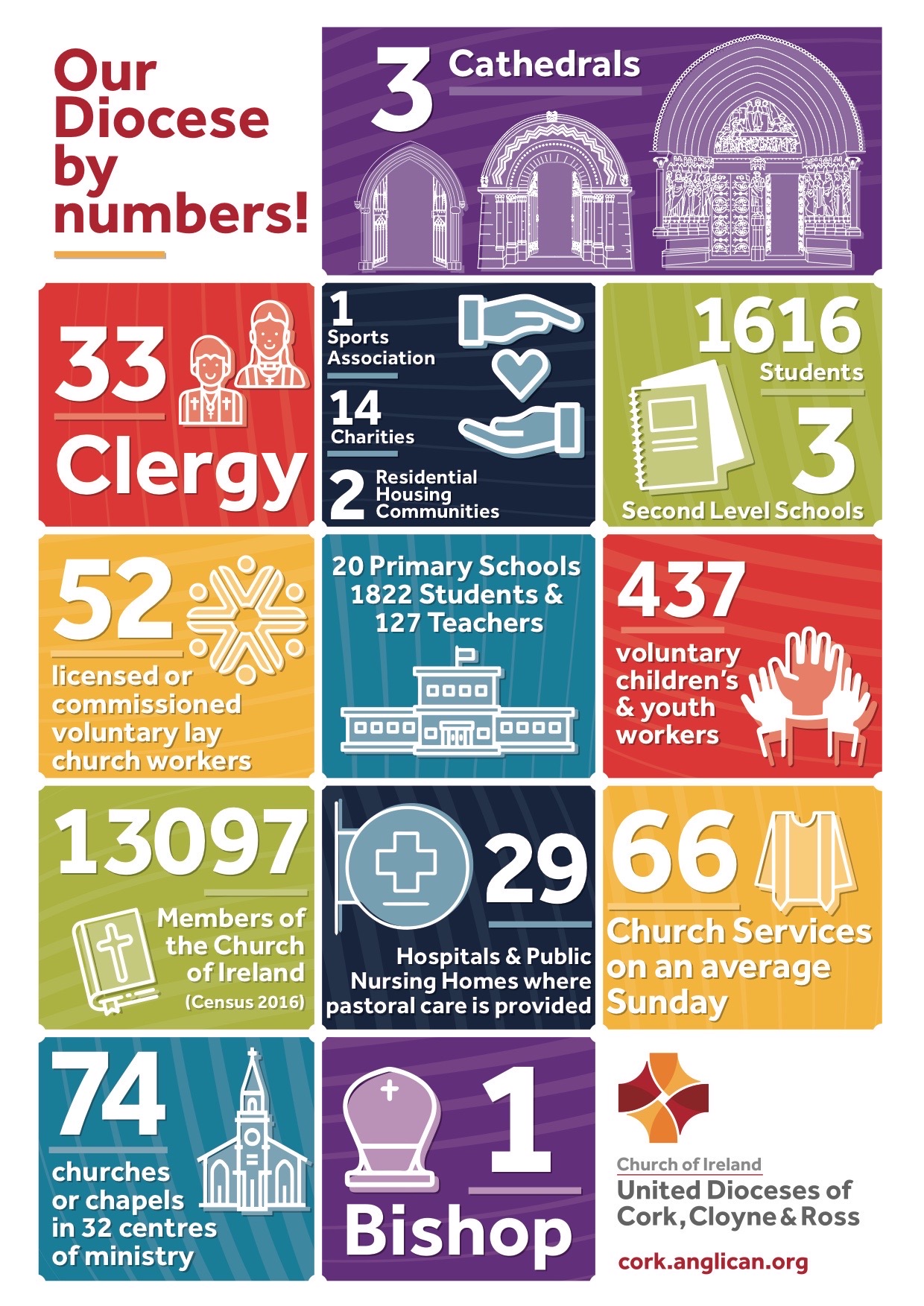Delve Into The Exceptional Development Of Catholic Schools And Their Substantial Role In Education-- Do Their Practices Offer A Pathway To Future Knowing?
Delve Into The Exceptional Development Of Catholic Schools And Their Substantial Role In Education-- Do Their Practices Offer A Pathway To Future Knowing?
Blog Article
Produced By-Rytter Bell
When you consider the background of education, Catholic institutions attract attention for their ingrained traditions and long-term impact. Elementary Private Christian schools Traverse City began as a means to infuse belief and values, however they have actually adjusted extremely over centuries. Today, they play a vital function fit not simply scholastic success but likewise moral integrity. What' https://www.sltrib.com/religion/2021/02/05/jana-riess-why-latter-day/ is exactly how they have actually managed to flourish amidst transforming cultural landscapes, raising questions about their future importance and effect.
The Origins of Catholic Education And Learning: A Historic Viewpoint
Catholic education and learning traces its origins back over 1,500 years, when very early Christian neighborhoods recognized the need for structured discovering. You'll find that these communities aimed to pass on their belief and values with education.
Monasteries and basilica colleges became facilities of knowing, nurturing both spiritual and intellectual development. As you delve deeper, you'll see that the curriculum frequently included ideology, theology, and the liberal arts, designed to develop well-rounded individuals.
Over time, the Church developed much more formal institutions, ensuring that education stayed accessible to all. https://zenwriting.net/jeremy7lorretta/the-role-of-catholic-education-in-cultivating-concern-and-solution to teaching moral values and cultivating a sense of area has actually persisted with the centuries, forming the academic landscape and influencing plenty of lives worldwide.
This long-lasting tradition continues to motivate Catholic education and learning today.
The Development of Catholic Institutions Through Cultural Contexts
As societies developed, so did the role of Catholic schools, adapting to the cultural contexts in which they existed. In the early years, these institutions concentrated primarily on religious instruction, but as areas expanded, they began to integrate neighborhood languages, customs, and instructional demands.
You would certainly see that Catholic schools typically became facilities for social communication, fostering a sense of belonging among pupils from different histories. In many regions, they resolved social concerns, such as hardship and discrimination, by giving easily accessible education for all.
As you discover different cultures, you'll see how Catholic schools have shifted their curricula and mentor approaches, reflecting the worths and difficulties of their environments while remaining true to their foundational goal of faith and academic quality.
The Modern Duty and Influence of Catholic Schools in Society
In today's world, Catholic institutions play an essential function fit not just the instructional landscape, however also the more comprehensive neighborhood.
You'll find that these institutions emphasize worths like regard, concern, and social justice, fostering all-around individuals who add positively to society. By concentrating on scholastic quality and ethical development, Catholic institutions prepare pupils for future obstacles, nurturing crucial reasoning and leadership skills.
They commonly serve varied populations, linking spaces in accessibility to top quality education and learning. In addition, you may observe their commitment to solution, encouraging students to take part in community outreach and volunteer job.
This mix of education and learning and ethical support makes Catholic colleges a significant force, growing accountable citizens that can influence their communities for the better.
Conclusion
To conclude, Catholic institutions have an abundant background that's formed their long-lasting influence on society. You have actually seen exactly how they have actually adapted to numerous cultural contexts while preserving a dedication to belief, values, and academic excellence. Today, they remain to play an essential function in cultivating neighborhood, promoting social justice, and nurturing responsible citizens. As you reflect on their legacy, it's clear that Catholic schools remain an effective force for favorable modification on the planet.
